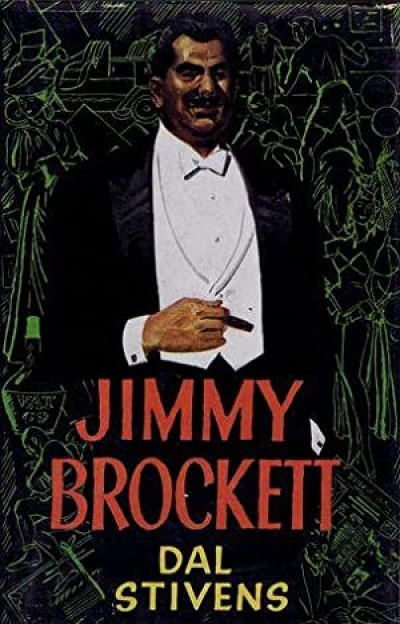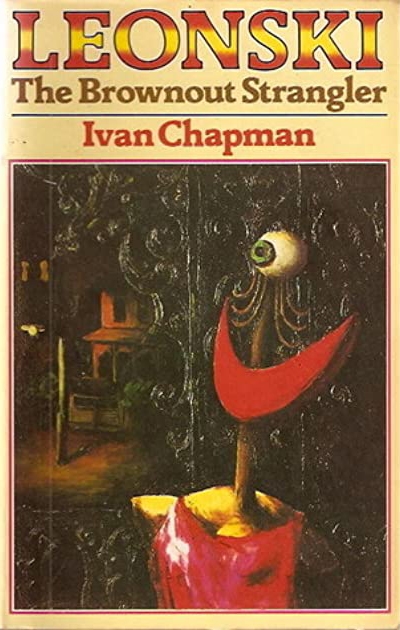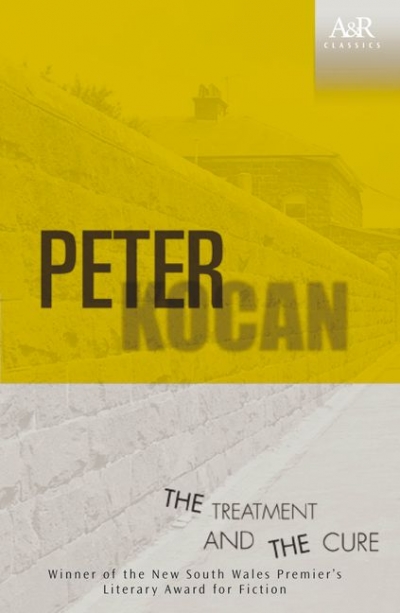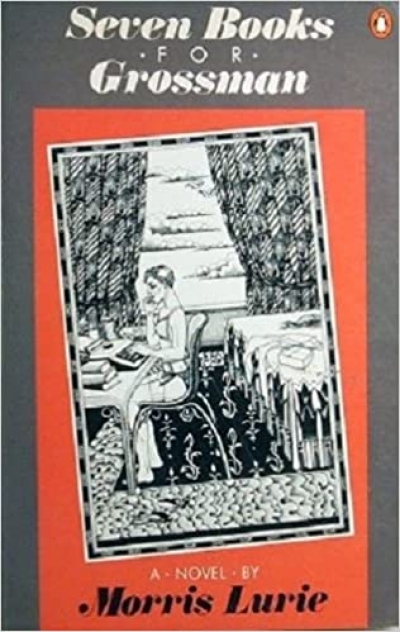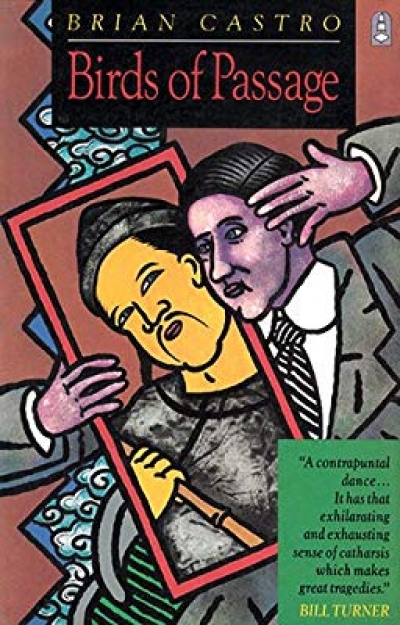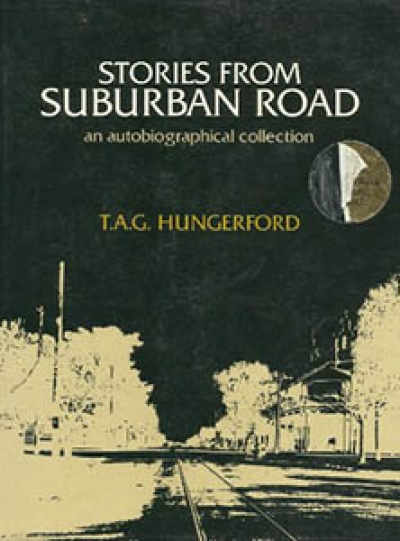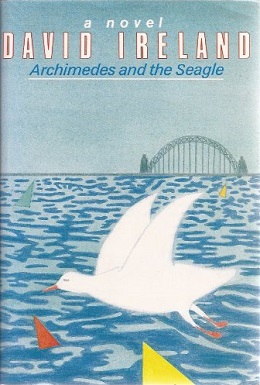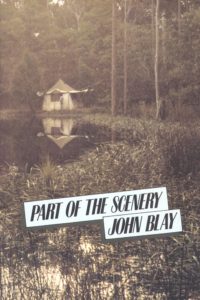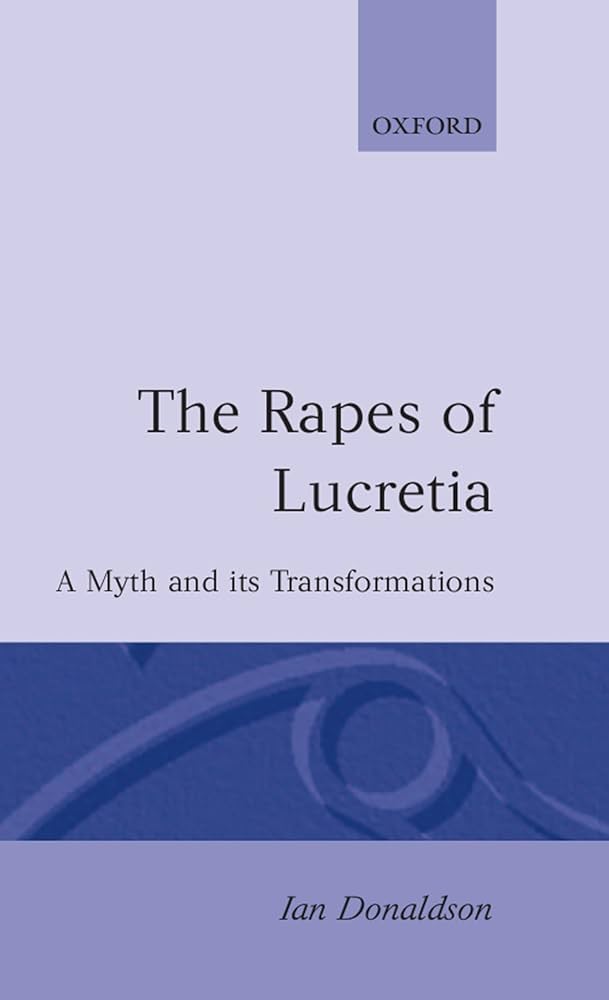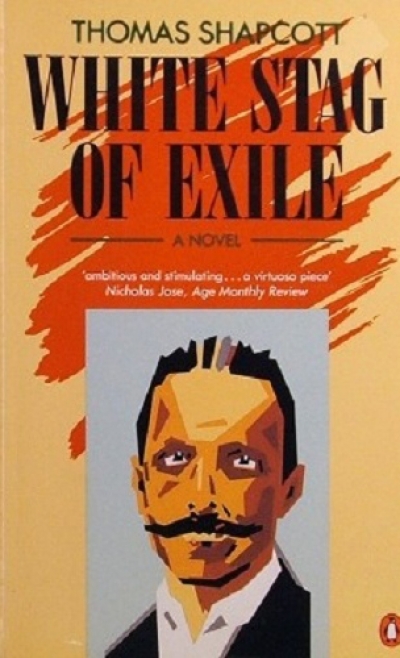Fiction
First published in 1951 and again in 1959, Dal Stivens’s novel, Jimmy Brockett, is now republished as one of Penguin’s ‘Australian Selection’. Reading it, you find yourself being drawn into admiration of a man who is undeniably obnoxious.
... (read more)Eddie Leonski was a private in the United States Army who was tried and executed for strangling three women in wartime Melbourne. Barely three weeks elapsed between the first murder and Leonski’s arrest. He was executed six months later, in November 1942. There seems no doubt that Leonski committed the crimes; whether he had a fair trial is another matter.
... (read more)I would not lightly mention any writer of fiction in the same breath as John Cheever, who was one of the most remarkable and enjoyable storytellers of our times. I can’t better this short comment which says it all: ‘The Cheever corpus is magical – a mood, a vision, a tingle, all quite unexplainably achieved.’ That is from Newsweek and graces the front cover of The Stories of John Cheever (King Penguin).
... (read more)Seven Books for Grossman by Morris Lurie & Uphill Runner by James McQueen
Perhaps too many relatives, constant rain, and excessive New Year celebrations have left me cranky and cheerless, but Morris Lurie’s latest novel, Seven Books for Grossman, did little to improve the general malaise. It is a slight volume. It certainly lacks the insight and compassion of some of Lurie’s short story collections like Dirty Friends. It also lacks the humour.
... (read more)Birds of Passage by Brian Castro & Getting Away With It by Kevin Brophy
Brian Castro’s novel Birds of Passage is a dramatic exploration of the intriguing idea, found in Butler, Jung, and others, that an individual’s life may in some way be in touch with ancestral experience. It imagines the possibility of a previous life, its outlook on reality and rhythms of existence, flowing troublingly into the consciousness of the present. The book shared the valuable Australian Vogel Prize last year. It is of some interest, but is a distinctly uneven work. Romantic in concept in its adoption of the idea of racial memory and psychic disposition, it is sometimes sententious in tone in its reaching for poetic effect, and prone to mix its narrative modes disconcertingly. It is hard to see it as a major literary prize-winner, although some of the historical episodes in its dual narrative are nicely done and the basic idea in itself is an attractive one.
... (read more)Stories from Suburban Road: An autobiographical collection by T.A.G. Hungerford
T.A.G. Hungerford’s new book Stories from Suburban Road is sub-titled ‘an autobiographical collection’ and comes complete with an appendix of photographs in the style of a family album with captions such as ‘Mick and me, 1922’, ‘Me, aged 16, and Phyllis Kingsbury, Scarborough, 1931’, and ‘Mum and Mrs Francis Victoria Wood, Como Beach, 1930’. Also, throughout the collection each story, sixteen in all, is accompanied by a photograph of the period of the author’s childhood and adolescence between the wars. The impression this provides is that the reader is invited to participate in Hungerford’s nostalgia for his past which consequently may be an inaccessibly private world – more reminiscence than substance. This impression proves to be quite incorrect. The photographs are moments frozen in time, enclosed in a period before this reader was born and the stories offer insight into them. They mutually contribute to the impression created, generally, of a world of innocence and delight. The happy and robust youth in the photographs looks contentedly into the camera from an ordered, acceptable world. They also perhaps complement the selectivity of the author’s imagination.
... (read more)Archimedes and the Seagle by David Ireland & Jane Austen in Australia by Barbara Ker Wilson
“I wrote this book to show what dogs can do”, writes Archimedes the red setter in the preface to his book, and what follows are the experiences, observations and reflections of a dog both ordinary and extraordinary.
Archimedes’ physical life is constrained by his ‘employment’ with the Guests, an average Sydney suburban family – father, mother and three children. He is taken for walks – the dog laws make unaccompanied walks too dangerous, he leaves his “messages” in appropriate places, he knows the electricity poles intimately, and the dogs in his territory, Lazy Bill, Princess, Old Sorrowful Eyes and Victor the bulldog.
... (read more)I occasionally still deliver a lecture I first gave in 1966 though with appropriate variations. One version was published in Quadrant, March-April 1974. There I describe our long tradition of documentary writing or, as H. M. Green called it, “applied writing”.
One of my arguments that I expanded in a series of unpublished lectures was, and is, that from the earliest white settlement to now, writers in this country, and indeed in America and other new world colonies, devoted, and still devote, time and skills to describing matters that older cultures and places take more for granted. I think this tradition delayed the writing of good novels in Australia and also accounts for certain early Australian novels, and indeed novels as late as the 1930s, being over-weighted with descriptions and explanation. It takes time for the generality of authors to find voices to express inner scenery in an external fashion.
... (read more)Ian Donaldson’s The Rapes of Lucretia is a book so rich in ideas that a review can only be unfairly perfunctory. It starts from ancient accounts of the rape of Lucretia and tracks the transformations of the myth through two millennia. This is no wearisome catalogue, no tedious grinding of PhD mills. Donaldson is, as he puts it, “especially interested in the close relationship that may exist between the creative and the philosophical processes of mind; between art and argument”. What emerges is a sturdy contribution to the history of ideas, a book showing how a myth which sustained Roman ideas of heroism and political liberty was used at different periods of history to reflect and embody changing political and sexual ideas.
... (read more)Thomas Shapcott uses as a basis for his novel the fascinating life story of Karoly Pulszky, who left Hungary as the disgraced Director of the National Gallery of Art and who committed suicide after two months in Queensland. Pulszky, a forceful and flamboyant man, followed in the footsteps of his distinguished father in building up Hungary’s art collection. He was married to Emilia Markus, ‘The Blonde Wonder of Budapest, the Greatest Actress in Hungary’. Financial mismanagement enabled his family’s political enemies to bring him down and he left Hungary in shame. Years after his death, one of his two daughters, Romola, married Nijinsky, and she wrote extensively about her own colourful life. Shapcott draws on her writings with considerable skill.
... (read more)

